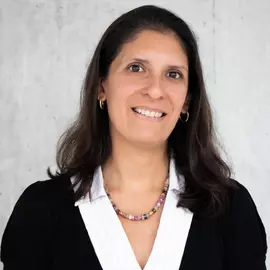Beyond Coalitions: Small States in Climate Negotiations (BeCoSS Climate)
Description
Small states are often taken to be rule-takers rather than rule-makers in international affairs. Yet, small states can punch above their weight, notably when working through coalitions. While coalitions are key to understanding multilateral negotiations such as those on climate change, they mask important differences within coalitions, where we see similar power dynamics and negotiation asymmetries as in overall negotiations. Who then drives coalition engagement and success, and why are some states more involved than others? Under which conditions are these states, in the coalition and the overall negotiations, successful? The project BeCoSS Climate examines these questions with a focus on small states in the UN climate negotiations. While small states often work through coalitions to overcome their size limitations, we argue that we need to look beyond and within coalitions to understand influence and power dynamics in multilateral negotiations. Member states are typically extremely diverse, and vary strongly in their negotiation capacity, visibility, and active participation. In the end, it is individual states, if not individual negotiators, that drive coalitions’ activities and success. We break down influence into four consecutive elements, and hypothesise that being present at multilateral negotiations is a precondition for active participation, which in turn may lead to influence over the negotiation process, and eventually influence over outcomes. Accordingly, we pose three overarching research questions: 1. How present and engaged are different states in multilateral diplomacy? 2. Why do we see this variation in presence and participation? 3. Under which circumstances do presence and participation lead to influence? We combine quantitative and qualitative approaches to answer these questions. We systematically assess the conditions under which states are present, engaged and influential in the climate negotiations, as well as the interrelations between these processes. We contribute to debates on the role of small states in global politics, the use of new research methods in international relations, and the analysis of practices and their influence on fairness in negotiations.
Key Data
Co-Projectlead
Prof. Dr. Paula Mónica Castro Pareja, Prof. Dr. Carola Klöck
Project partners
SciencesPo
Project status
ongoing, started 01/2024
Institute/Centre
Center for Energy and Environment (CEE)
Funding partner
Weave/Lead Agency / Projekt Nr. 219067
Project budget
256'624 CHF
